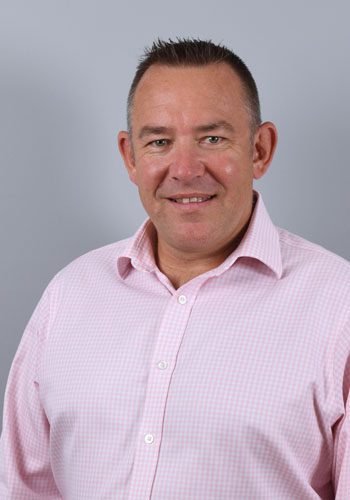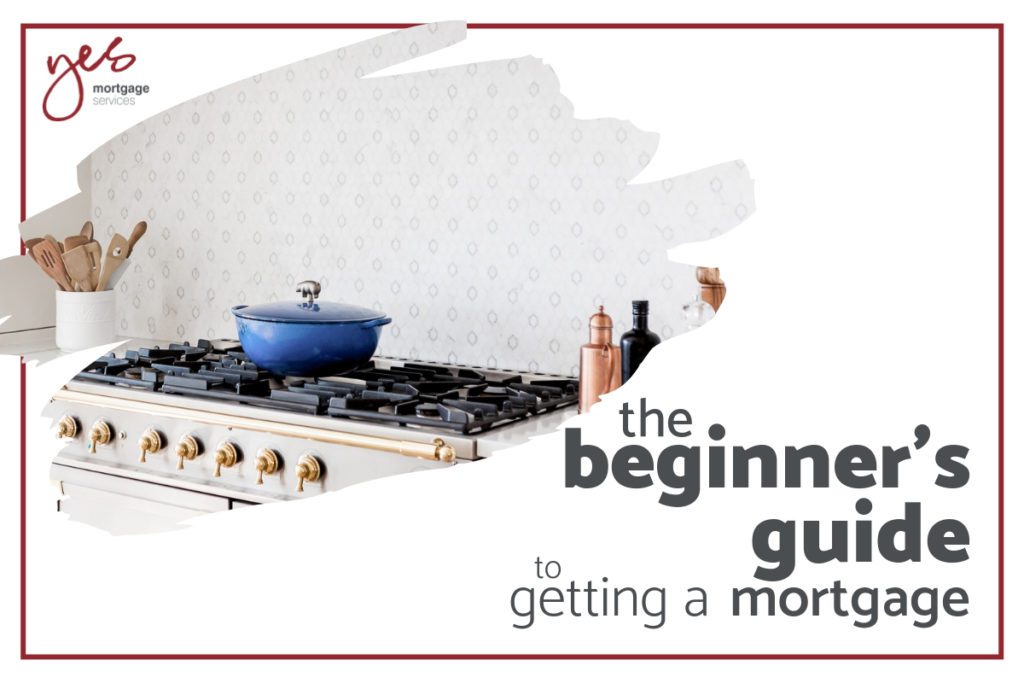Mortgages aren’t known for being quick and easy, but they certainly don’t need to be a cause of stress.In this blog, we’ll take you through the process of getting a mortgage so that your house-buying experience will be as smooth as possible. It definitely helps to plan ahead and be prepared, while managing your expectations will save you a lot of headaches too.
1. Save up
The reason this is first on the list is that saving enough for a house deposit is not a quick process! It’s a good idea to start as soon as possible, even if you don’t see yourself owning your own home for a while. Help to Buy is a government scheme to help first time buyers save deposits for new build properties – it’s a good way of making your money go further.
Saving is not just about building up a five-figure sum for you to put down against your house. It’s also about proving to lenders that you can be responsible about your money. Mortgage lenders will want to see your bank statements – if they can see you’ve raided your precious savings for a holiday or a spending spree, they might think twice before lending you money to buy a house.
2. Are you ready to buy a house?
To answer this question, you need to do your sums. Maybe your mortgage repayments would be the same or less than your rent, but could you afford the life insurance, building and contents insurance that you would need too? Could you cover the costs your landlord used to cover, like fitting a new boiler or repairing the roof? Be honest with yourself and be realistic too – you don’t want to over-stretch yourself in the future.
Another factor is your credit rating. If you have a particularly poor credit rating or heavy debts after a bad patch, it could be worth waiting a few years for your credit score to recover. If you try and get a mortgage while your credit rating is still poor, you could end up with very expensive repayments.
3. What can you afford?
To get a mortgage, you’ll need to save a minimum of 5% of the property price. Bear in mind that the more you borrow, the more you will need to pay back. People who borrow more than 90% of the property price pose a greater risk to the lender than people who borrow less, so be prepared for higher mortgage repayments.
In 2017, the average property price for a first time buyer was just over £200,000. A 10% deposit would therefore be £20,000 and a 5% deposit would be £10,000. If you could save a percentage of your income each month, would you eventually be able to raise between £10,000 and £20,000? Would you be able to save more, or less? How much have you put aside already? Answering these questions will help you to decide what value of house you could afford.
4. Come and see a mortgage broker
Unlike high street lenders, mortgage brokers (like Yes Mortgage Services) have access to a wide range of mortgages, including ones that aren’t advertised publicly by banks and building societies. Working with a mortgage broker can be less intimidating than seeing someone at the bank – we are here for you, not for the lender. You’ve got the best chance of getting a good deal that’s right for you if you go through an independent mortgage broker.
Your mortgage broker will want to see proofs of income and expenditure (payslips, bank statements, bills etc) to show that you can afford monthly mortgage repayments. They will tell you what information they need from you. They will then show these documents to the lender who will decide whether or not to lend to you.
5. Get an Agreement in Principle
An AIP proves that a mortgage lender would be willing to lend to you in your current financial circumstances. It is not the same as the mortgage loan, which you will not need until you have had your house offer accepted.
This is also the point at which you should start house-hunting seriously. You don’t want to get an AIP then not put in an offer on a house until months later. Mortgage offers can change so they need to be based on current circumstances, not those of last year. Aim to put in an offer on a house within six weeks of getting your AIP.
6. Take out your mortgage
After your offer has been accepted, the house-buying process (conveyancing) begins, usually conducted by a solicitor. When both the buyer and the seller complete the sale, the money will be moved by the solicitor to the seller’s bank account to pay for the house. Once you’ve moved in, you can finally relax, knowing that you’ve got a house you love and mortgage repayments you can afford.
An independent mortgage broker will work for you, not the lender, to find the best mortgage for your circumstances. For a free, no-obligation consultation with Yes Mortgage Services, contact us today on 0800 612 5596.

At Yes Mortgage Services, we offer a comprehensive range of products from across the market.
Irrespective of whether you are looking to buy a new home, re-mortgage an existing property, or looking to protect your family from the unpredictability that life throws at it or protect your income if you are unable to work due to accident or ill health.
Yes Mortgage Services are committed to offering you the highest possible standards of service. We can undertake the whole process from answering the initial questions through to handling multiple product applications. Ensuring that everyone gets treated with the same urgency and maintaining your best interests are our main goals irrespective of the value of the mortgage.
We recognise that both we and our customers have everything to gain if we look after your best interests and treat you fairly in all aspect of our dealings with you.




